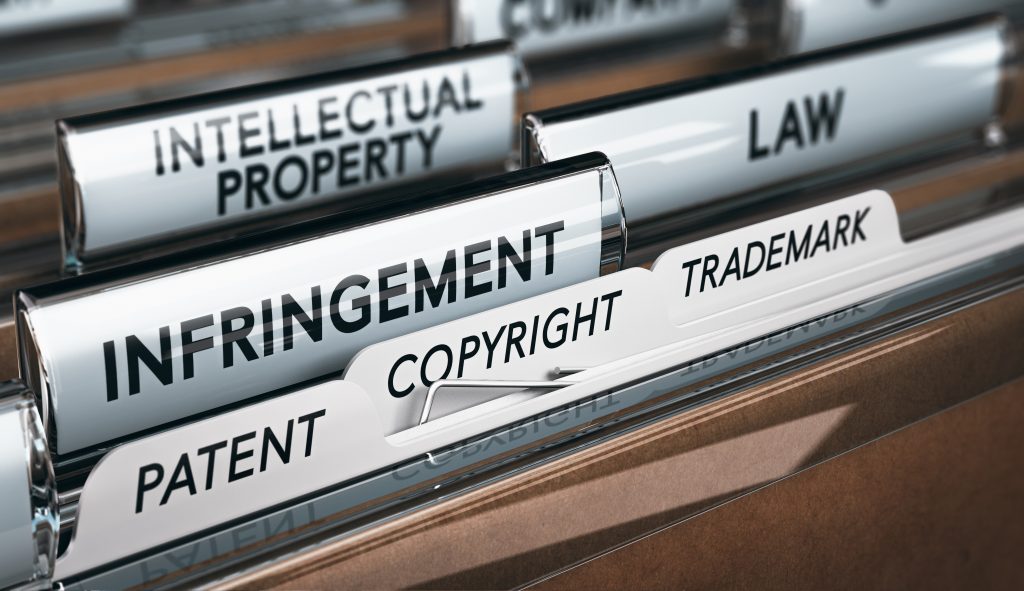Apple and Google lose legal battle over USPTO patent review rule
Apple and Google faced another setback in their legal battle against a USPTO rule limiting patent validity reviews. Judge Edward Davila dismissed claims of unlawful implementation, marking the lawsuit’s second dismissal.

Apple, Google, and other prominent technology firms faced defeat in a legal battle challenging a rule set by the US Patent and Trademark Office (USPTO), which restricted the scope of patent validity examinations. US District Judge Edward Davila dismissed allegations of unlawful implementation of the rule, asserting that the USPTO was not obligated to undergo a notice-and-comment period. This marks the second time the lawsuit has been dismissed. Google expressed disappointment and indicated that it is exploring its legal options, highlighting the uncertainty resulting from this judgment.
Representatives from Apple, Cisco, and Edwards Lifesciences refrained from immediate commentary. The USPTO’s Patent Trial and Appeal Board oversees inter-part reviews (IPR) to reassess patent validity. Technology companies contended that the rule undermined the protective function of IPR and contravened federal regulations. Despite the lawsuit’s prior dismissal in 2021, it was revived on procedural grounds. Nevertheless, Davila ruled once more in favor of the USPTO, clarifying that the rule constituted a policy statement and did not necessitate public input.
Why does this matter?
The case could set a legal precedent regarding the USPTO’s authority to implement patent validity review rules. It clarifies the requirements for notice-and-comment periods and the scope of the USPTO’s discretion in setting policy, which could have implications for future patent-related litigation.

